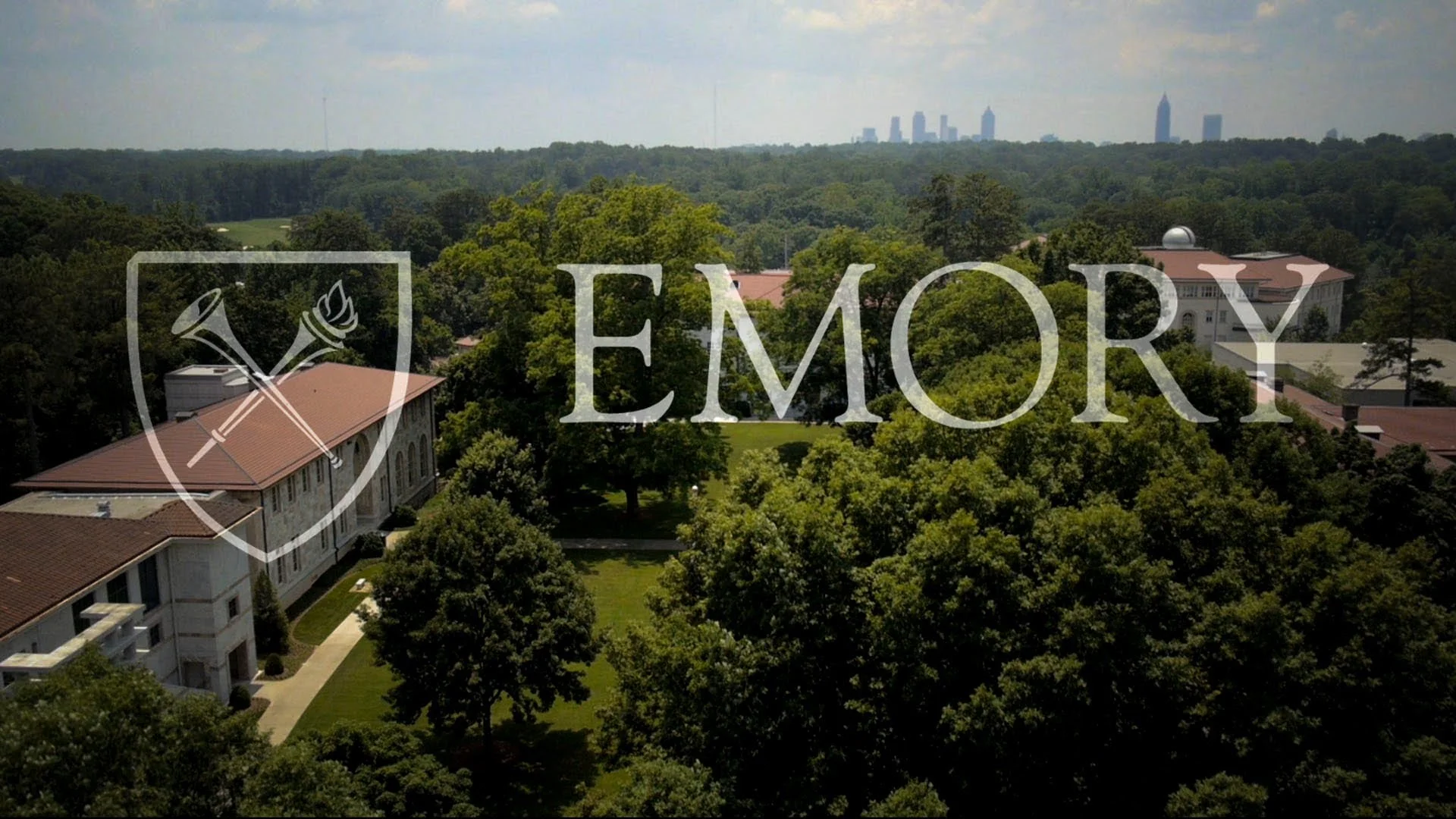No Impunity: Corruption - Finance & Politics 2016
Inauguration of the Emory University, School of Law, International Anti-Corruption Law Society.
Frank Vogl October 28, 2015
It is a great pleasure to here at the inauguration of the International Anti-Corruption Law Society.
A story in The New York Times[1] recently described the long overdue crack down on corruption that is now taking place in in Nigeria. However, the story ended with a Nigerian warning that, “Corruption will fight back.” I am here to tell you that together – organizations like Transparency International and determined law students, such as those here at Emory University – we can work to end such cynicism. We can work to say No to Impunity.
Corruption is the abuse of entrusted power for personal benefit. It is central to so many aspects of human insecurity, international insecurity, politics, business, finance and justice. These are the central themes of my presentation to you today and in each area I am hopeful that the year ahead, 2016, will see significant progress.
At the core of solutions to crimes of corruption, which explicitly involves all of you engaged in the study of law and its practice, are such key questions as:
· Can money decide whether a person charged with a crime is found innocent or guilty?
· Can political power determine whether an individual is ever brought to justice – indeed is there one system of justice for the ordinary citizen and another for those enjoying power?
Corruption will not be reduced without a consistent and forceful attack on impunity. The target in the first instance must be grand corruption - the gross abuse of high-level power for private gain that inflicts serious and widespread harm on individuals or society.
No Impunity
At the outset permit me to share a few quotes from anticorruption activists that were made in discussions in October in Malaysia at the 16th International Anti-Corruption Conference:
José Ugaz, chairman of Transparency International noted: “Grand corruption goes hand-in-had with human rights abuse.”
Scholar Sarah Chayes stressed that, “Corruption is a crime against a persons dignity.”
Patrick Alley, a co-founder of Global Witness, noted that, “We cannot ignore the crimes of the past by those who enjoyed impunity, because otherwise we will not achieve a better future.”
And Kumi Naidoo, the head of Greenpeace declared: “Impunity is the absolute abuse of power.”
You are all set for careers in the law, so let me underscore that there is nothing theoretical when it comes to grand corruption. Ukraine was virtually bankrupted by the plunder of state funds by former president Viktor Yanukovych and his cronies; public funds in Panama have consistently been pocketed by national leaders and serious allegations are now pointing at the last president of the country, Ricardo Martinelli; former senior leaders in China have been found to have stolen vast sums; the current prime minister of Malaysia Rajib Nazak claims that a fried deposited $700 million in his private bank account!
Each of these villains acts as if he is above the law. We need to speak clearly and loudly in declaring NO to impunity. Every law school needs to make this its slogan!
And where there are villains stealing from their people, then there are financial institutions all too willing to launder the cash. Major banks, such as HSBC, PNB Paribas, UBS, Credit Suisse, Standard Chartered, Commerzbank, Citigroup’s Mexican subsidiary Banomax, and many more have been fines substantial sums for money laundering for corrrupt leaders and/or criminal syndicates, and/or large numbers of wealthy individuals who strive to evade taxation.
Corruption will not be reduced without a consistent and forceful attack on impunity. The target in the first instance must be grand corruption – the gross abuse of high-level power for private gain that inflicts serious and widespread harm on individuals or society. We need to recognize “Grand corruption goes hand-in-had with human rights abuse,” as José Ugaz, chairman of Transparency International, has noted. Adds, Kumi Naidoo, the head of Greenpeace declared: “Impunity is the absolute abuse of power.”
Many U.S. public prosecutors serve as role models in the fight against corruption. They understand how vital this fight is – David Harbach, a former U.S. Justice Department attorney noted at a seminar at Columbia University Law School’s Center for the Advancement of Public Integrity:“The values of integrity and open government and democracy are foundational to our nation and thus we assume that all who serve in public service are expected to do so with full integrity.”
Emory University Law School can strengthen knowledge and understanding of corruption and encourage law students to recognize that guarding against corruption is not a choice, but an obligation.
Download the full presentation:-
Frank Vogl on Corruption -Emory Law School Oct 28 2015
[1] http://www.nytimes.com/2015/10/17/world/africa/nigeria-president-pledges-to-root-out-long-entrenched-graft.html?_r=0

